
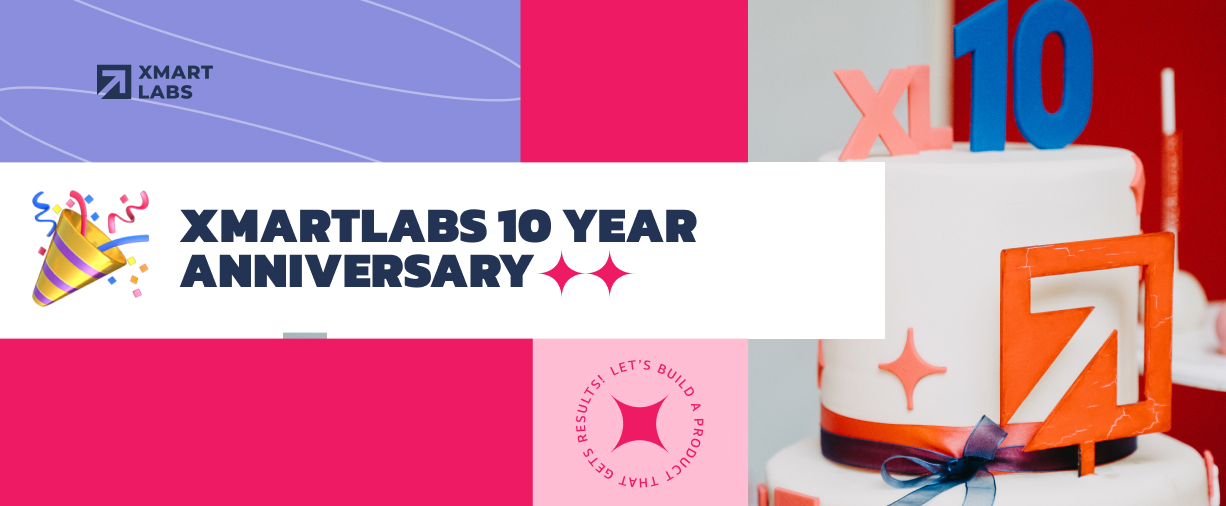
It all started 11 years ago. I still remember the boom of mobile and social media from back then, a period when everything changed really fast. Innovation and VC funding for startups was peaking, and opportunities grew everywhere. All of that made us think it was an excellent time to take risks and begin the beautiful journey that was (and still is) Xmartlabs.
On February 29th (28th), we had our 10th anniversary, 3650 days, a decade. And there's no better time to remember all the anecdotes we made along the way and all the achievements and lessons that come with growing an idea into a 100+ people company that still shares the same culture and fundamental principles we began with.
Let's go!
Ready for take-off
Back in 2011, I was lucky enough to meet Enrique. We used to work for the same company in different teams, and through spending time together while having lunch, we forged a nice friendship. In those talks, the crazy idea to start what today is Xmartlabs came up.
The truth is that the idea didn't come to fruition until about a year later, when Enrique and Agustín finished university, and we were able to focus our resources on developing a startup. I met Agustín through Enrique. Back then, Agustín and Enrique had known each other for years, from high school and later university, plus they were also neighbors and close friends from an early age. The one big difference among them is the football team they support, Enrique is a River or Peñarol fan (we're still not sure), and Agustín is a massive Nacional supporter.
The challenge required someone to take over the commercial area and was also versed in technology and development. At first, I thought it was a complex task for someone with Agustin's experience at the moment; time proved me wrong. Either way, we had nothing to lose and everything to build, so why not give it a try?
By the end of 2011 (beginning of 2012), we decided to leave our jobs and focus on Xmartlabs. Like today, Uruguay had top-level talent, favorable macroeconomic policies for the tech industry, and first-world internet speed, making a startup possible.
Our first working space
Enrique's bedroom became our main office. We used the bed as chairs and even hosted meeting calls in the bathroom. Rain was almost the only thing that cooled off a room with no air conditioning that wasn't built for 4-5 people plus their computers. Virginia, Enrique's mother, always had us over for lunch; I can't imagine those were easy times for her, having twice as many people over for half the day.
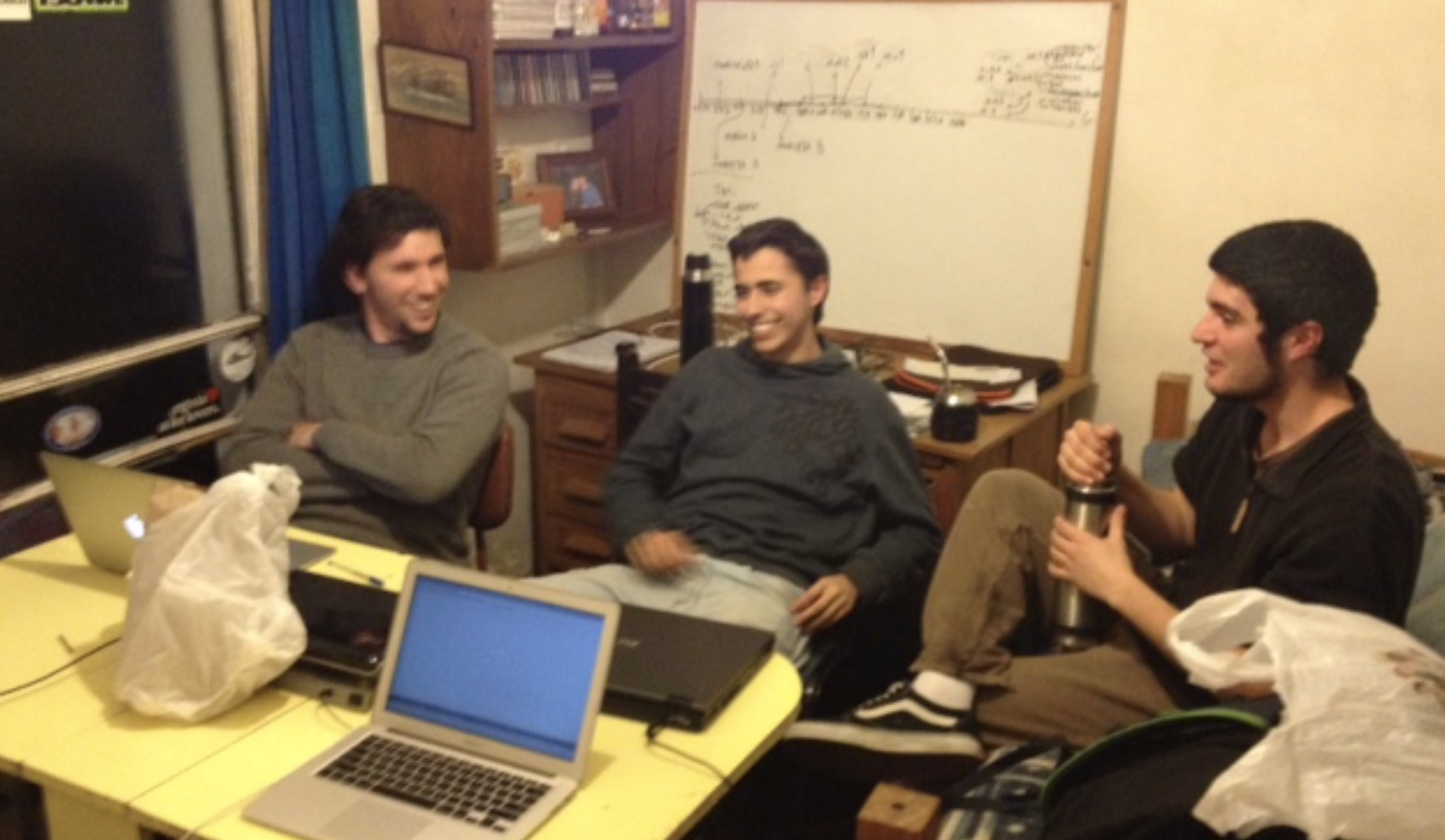
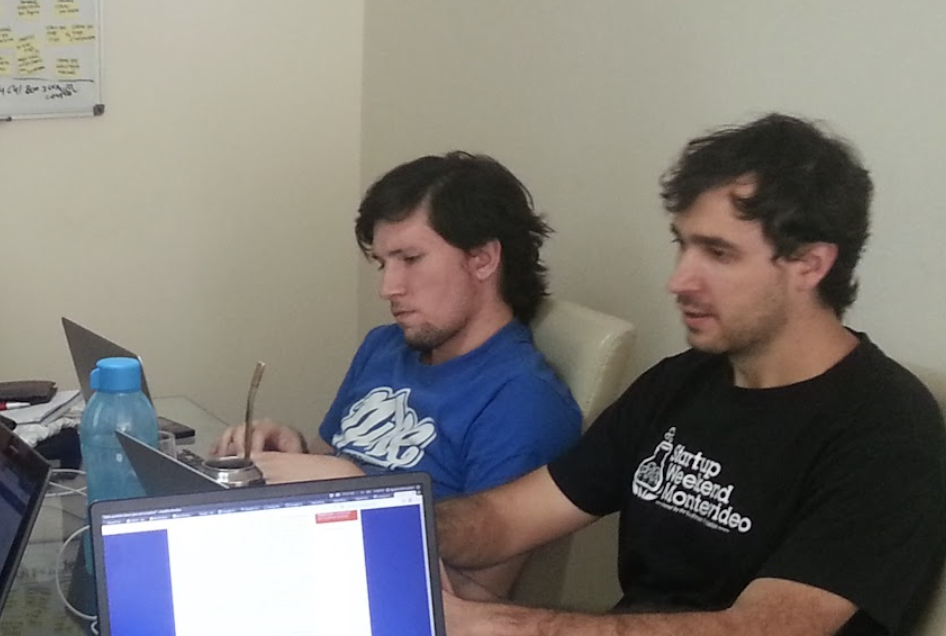
In those days, being comfortable wasn't essential; the expectations for what was about to come were too high! Every day we learned something new, and the satisfaction of achieving small objectives made the (un)comforts seem insignificant.
Open-source & community: top priorities
Like every entrepreneurship, the beginning is full of challenges: only a handful of clients and nothing in terms of portfolio or success stories. We were always interested in helping the community and its impact on the ecosystem. What's more, both Agustín and Enrique were teachers at the University (Enrique is still involved with teaching today).
But beyond our interest in collaborating with the community, we saw open source as a way to prove our technical abilities, so we started to co-create several projects within the ecosystem. From the beginning, we shared the lessons we learned in our blog post, as you can see from our first blog in September 2012.
Open source and community were decisive in defining some of Xmartlabs' essential principles. The impact on the community and every OSS project we built resulted from those initial decisions. If you're interested in learning more about our current work in the community, check out the summary at the link.
Joining the Uruguayan startup ecosystem — INGENIO
Within a short time, we were convinced it was possible to collaborate with top-level startups of Silicon Valley from Uruguay. US's startup ecosystem was thriving, competitive, and open, and circumstances in Uruguay were, as I mentioned earlier, favorable.
Ingenio, a startups incubator, was an alternative to accelerate Xmartlabs' growth, not only professionally but also to be in constant contact with other regional entrepreneurs and have tutors that gave us support in each area and challenge that came up.
After some initial tryings, we were accepted, and from then on, Ingenio became our home for the next two years. It was a period incredibly rich in relations and lessons that can only come from close contact with people in similar situations (facing similar challenges). Moreover, Ingenio provided us with some office space, which we needed to keep growing and consolidating the startup.
Our first trip overseas
Together with other entrepreneurs from Ingenio, we made our first trade mission to Silicon Valley, a land unknown to us up until then. Exploring and discovering it with people familiar with the business culture and the city itself was insightful. So, those first years are tough. Being able to share experiences and having the support of your peers is critical.
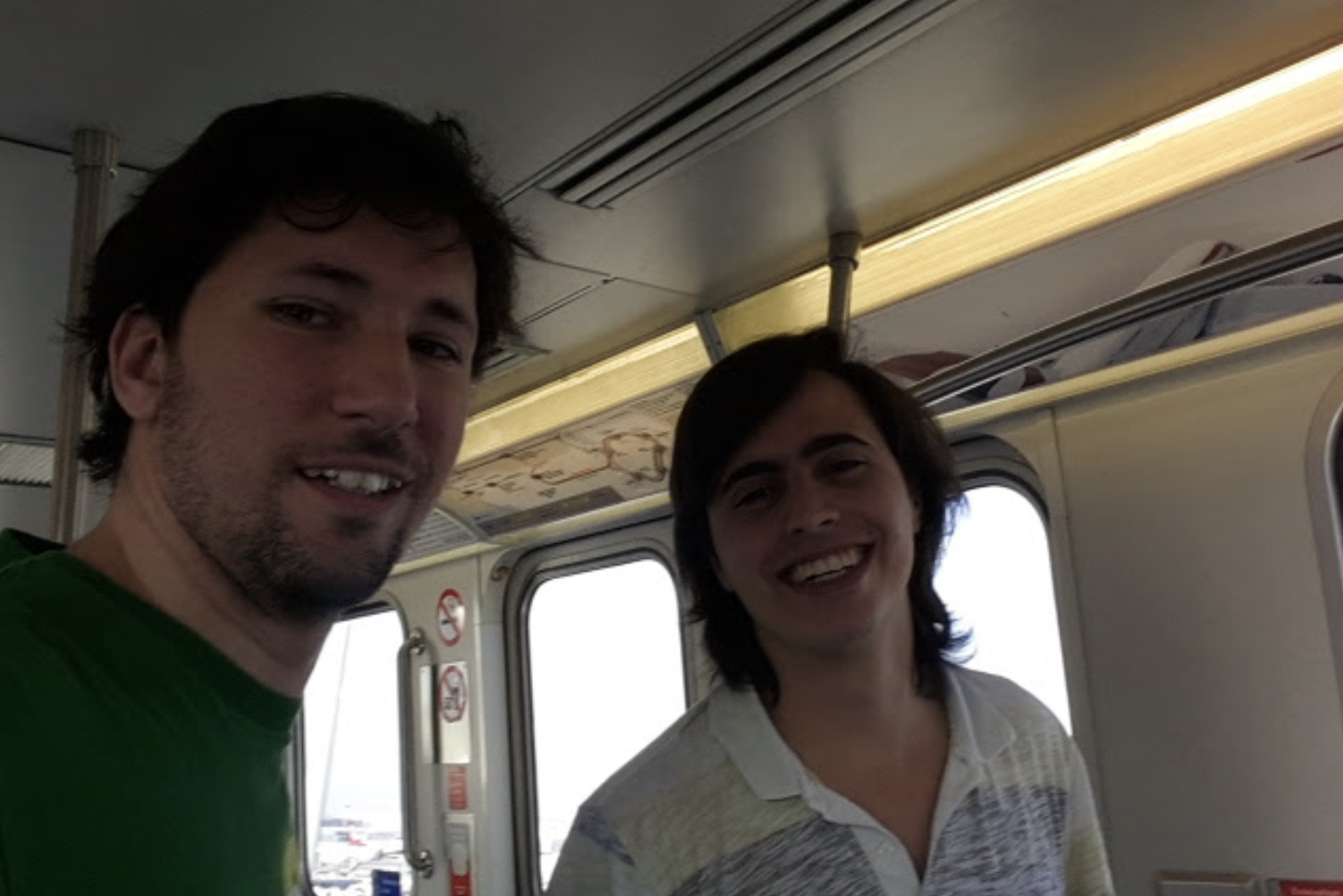
Our first collaborators — the team
Having the best digital product innovation team was something we aspired to. We believe the most significant things are done by a group of people and not individually. With that thought in mind, we started recruiting acquaintances and friends within the industry that also shared our values and principles. That way, they would support our vision and help lay the foundation of the culture we wanted for Xmartlabs.
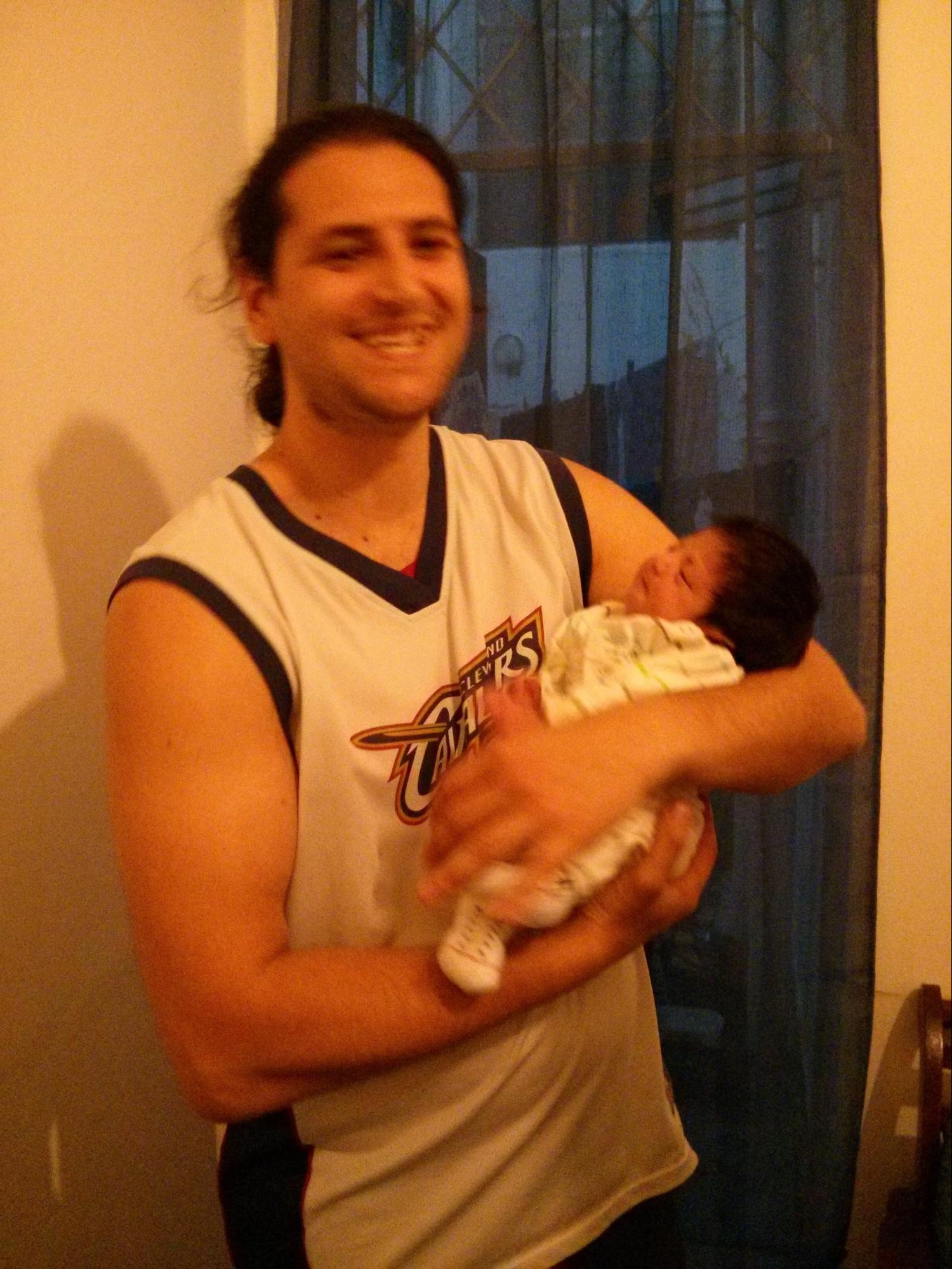
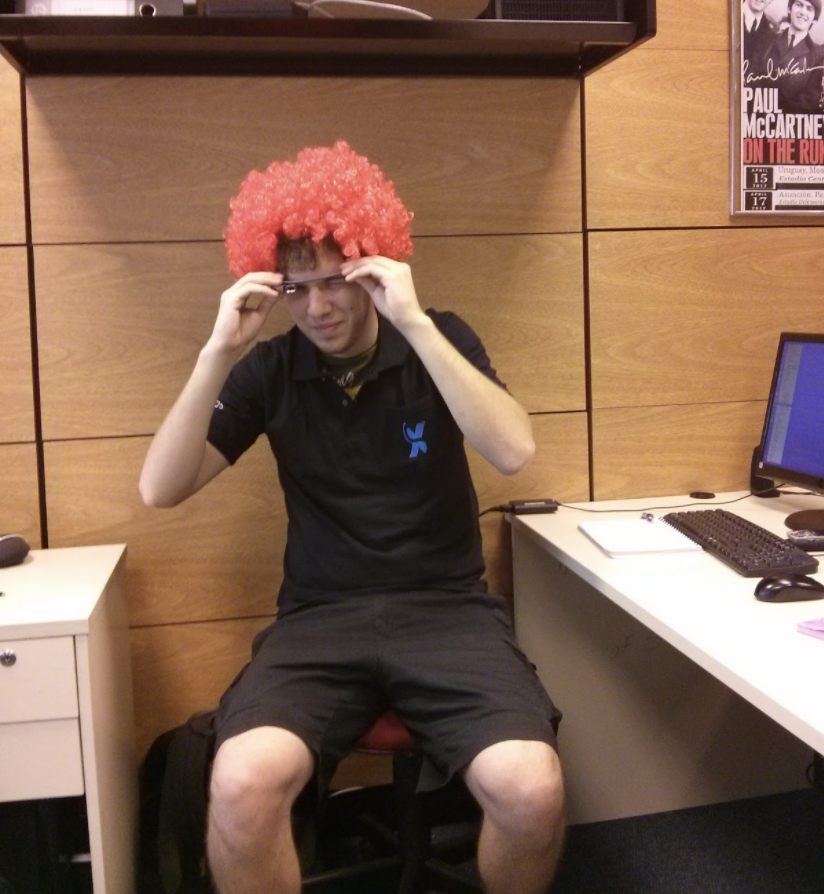
Our office history
Working space was always important to us. We believe sharing our daily activities with the team is an enriching activity and where our culture and values show. I already talked about our first two offices: Enrique's parents' home and Ingenio's office space.
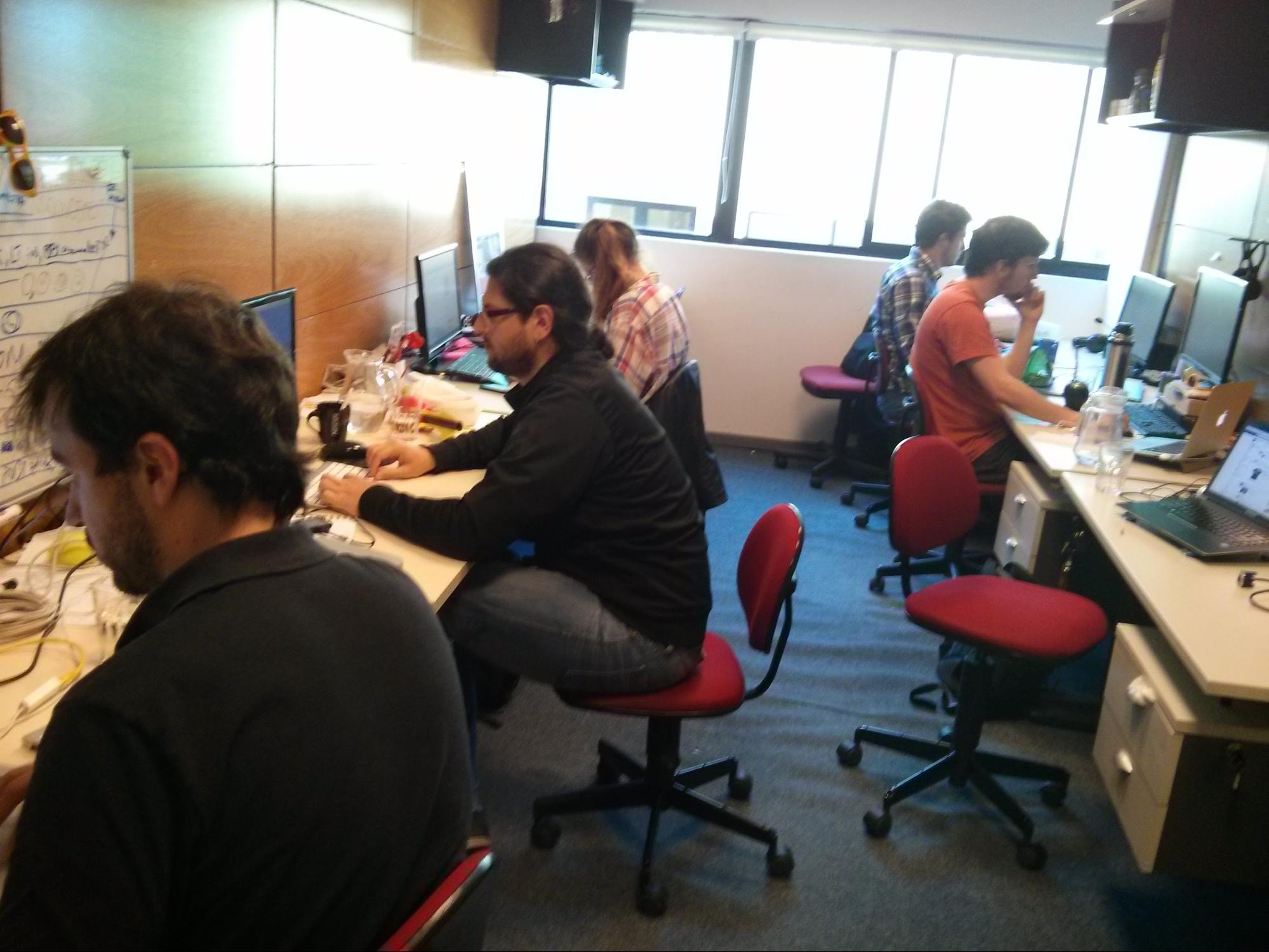
But everything good must come to an end, and Ingenio's benefits are given for a specific amount of time so those who finish the cycle can leave room for new entrepreneurs. In fact, the incubator's alumni can provide their support by sponsoring activities and mentoring entrepreneurs themselves.
So what happened when our time in Ingenio came to an end?
Back in 2015, already a team of 15 people and having design, mobile, web, and ML learning teams, we moved yet again. Ingenio's network was, once again, key to carrying out that move because we started sharing a house with other entrepreneurs we'd met there. The new "Cassinoni" (the name of the street it was in) office was modern, luminous, and had everything we needed back then and more.
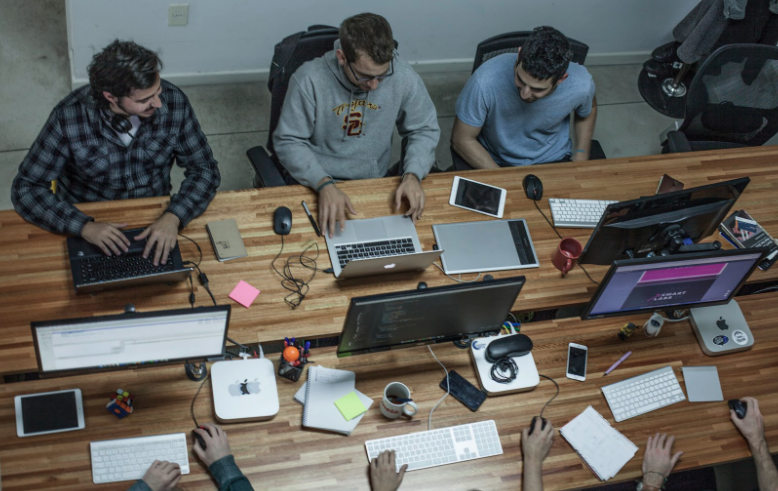
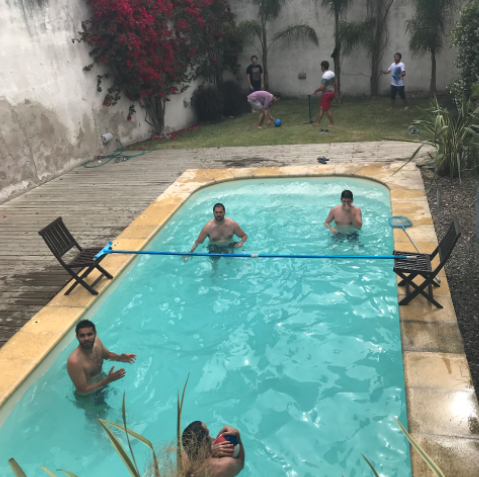
During the next three years, we continued to grow, we became nearly 40 people, and the physical space was becoming scarce. In 2018 we moved to our first independent office, with areas for different teams and several meeting rooms. That was the birth of what we now know as "casa#1", an old, well located, big, ample house that had everything we looked for.
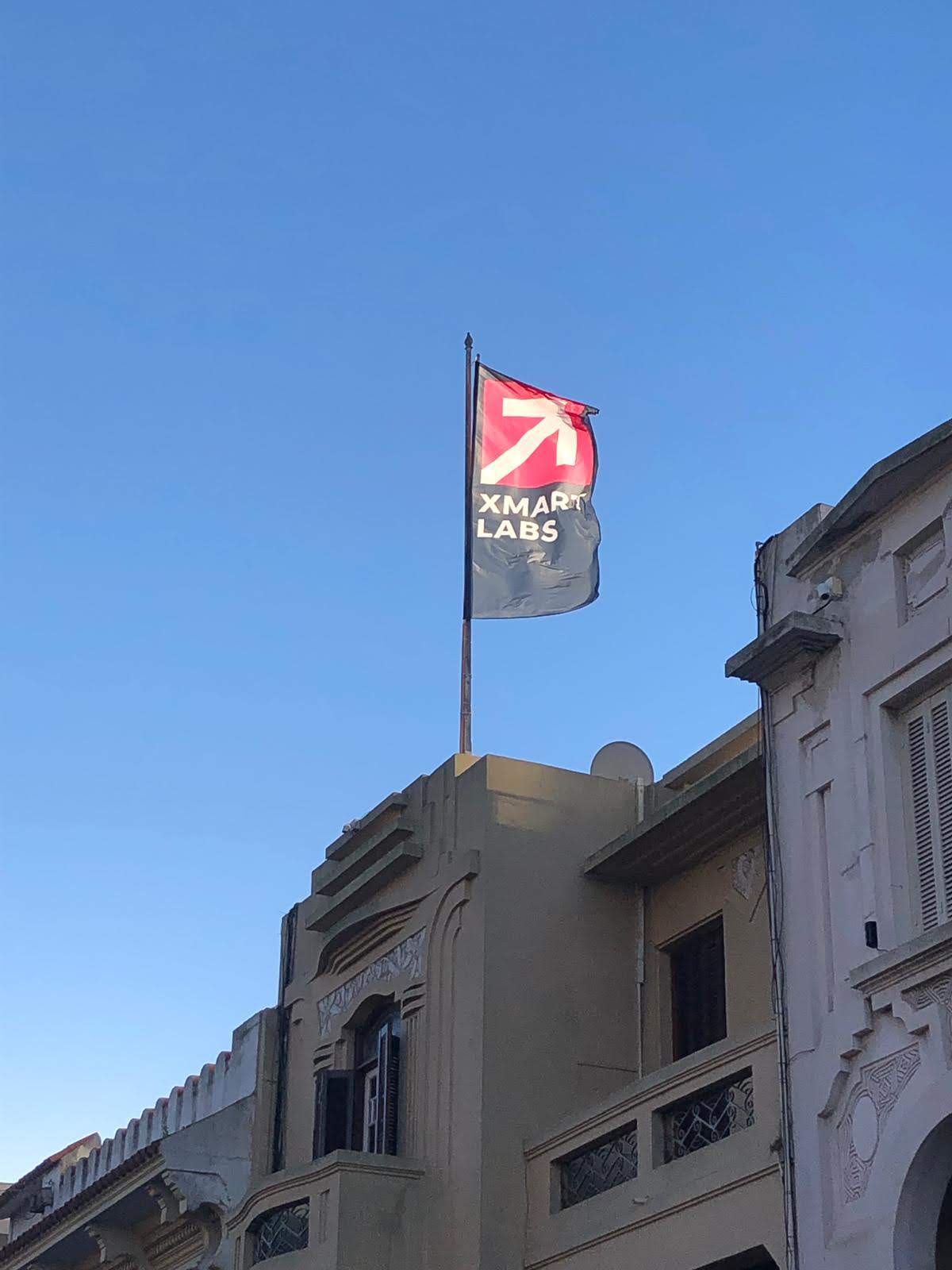
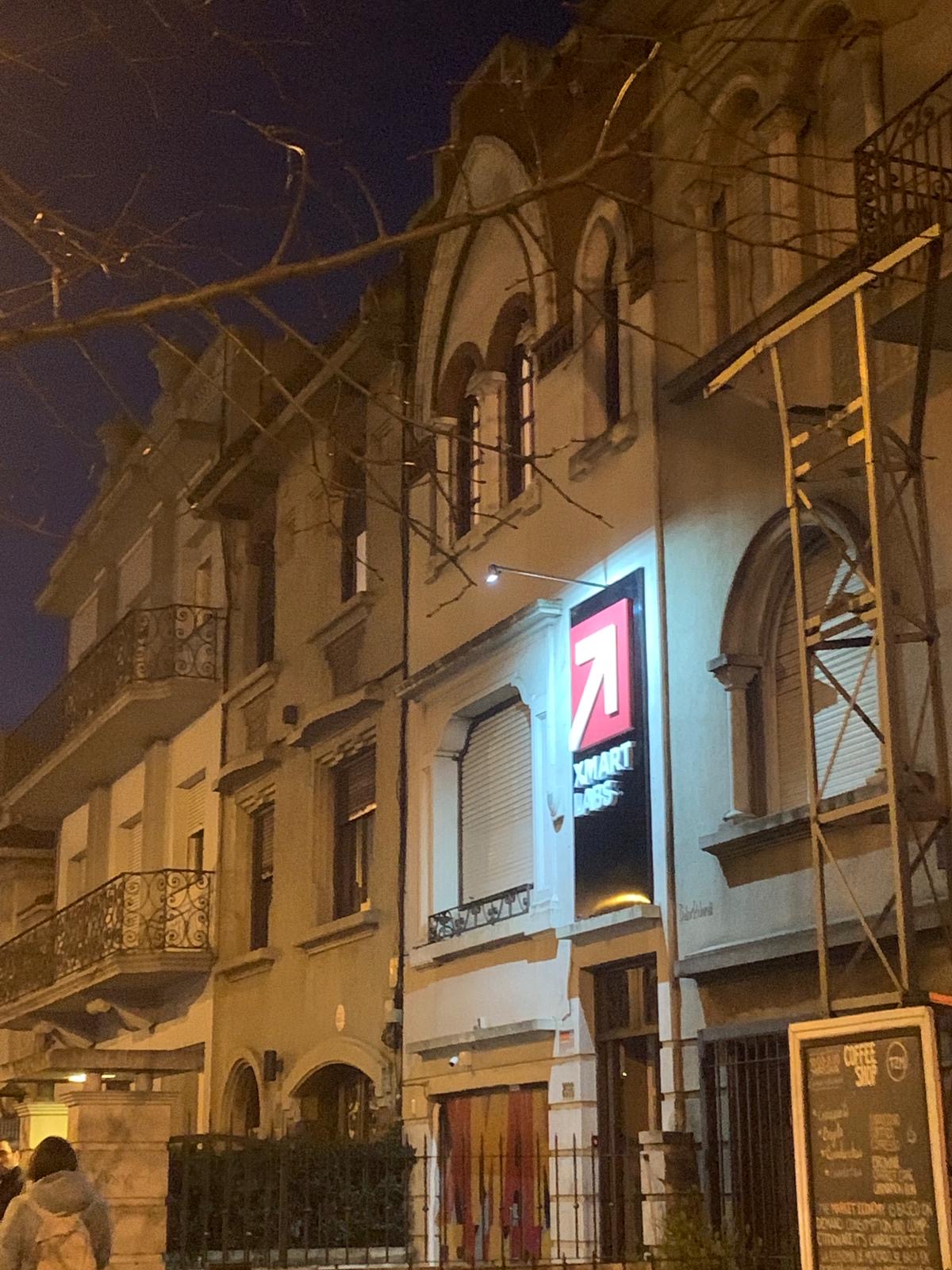
Mobile momentum and innovation waves
More than a decade ago, the mobile boom was notorious, and startups were looking to develop apps. It was similar to what happened a couple of decades earlier with the .com bubble. Building an app requires habilities beyond expertise in development frameworks (iOS, Android, React Native, etc.). Interface and user experience have to be adapted for the app's purpose and audience, and we had to incorporate some new tools to work with our first clients.
Smartphone's CPU grew exponentially over the next couple of years, allowing the processing of Machine Learning algorithms directly on the device. We invested in engineering efforts to create products and frameworks groundbreaking at the time, such as Bender and Dreamsnap. Bender allowed running deep learning models in iOS devices, achieving better results thaN the native iOS framework (MLKit).
Xmartlabs didn't limit product development to OSS solutions, Bender, and Dreamsnap. We've built several more over these years, such as a solution for automatically updating dependencies on projects, or our most recent one, Lanthorn.io.
With the recent emergence of distributed computing (thanks to blockchain and smart contracts), and the rise of web 3.0, we face a new (big) wave of digital transformation. As expected, we invested in engineering efforts during the early stages to become experts and allow our partner companies to take advantage of the opportunities that come with it.
Some things never change
Nothing would make sense if you didn't enjoy change. We encouraged a casual, relaxed working culture founded on companionship from the beginning. We believe this is the only way to reach full team potential, making it more united and transparent in the exchange of knowledge and ideas.
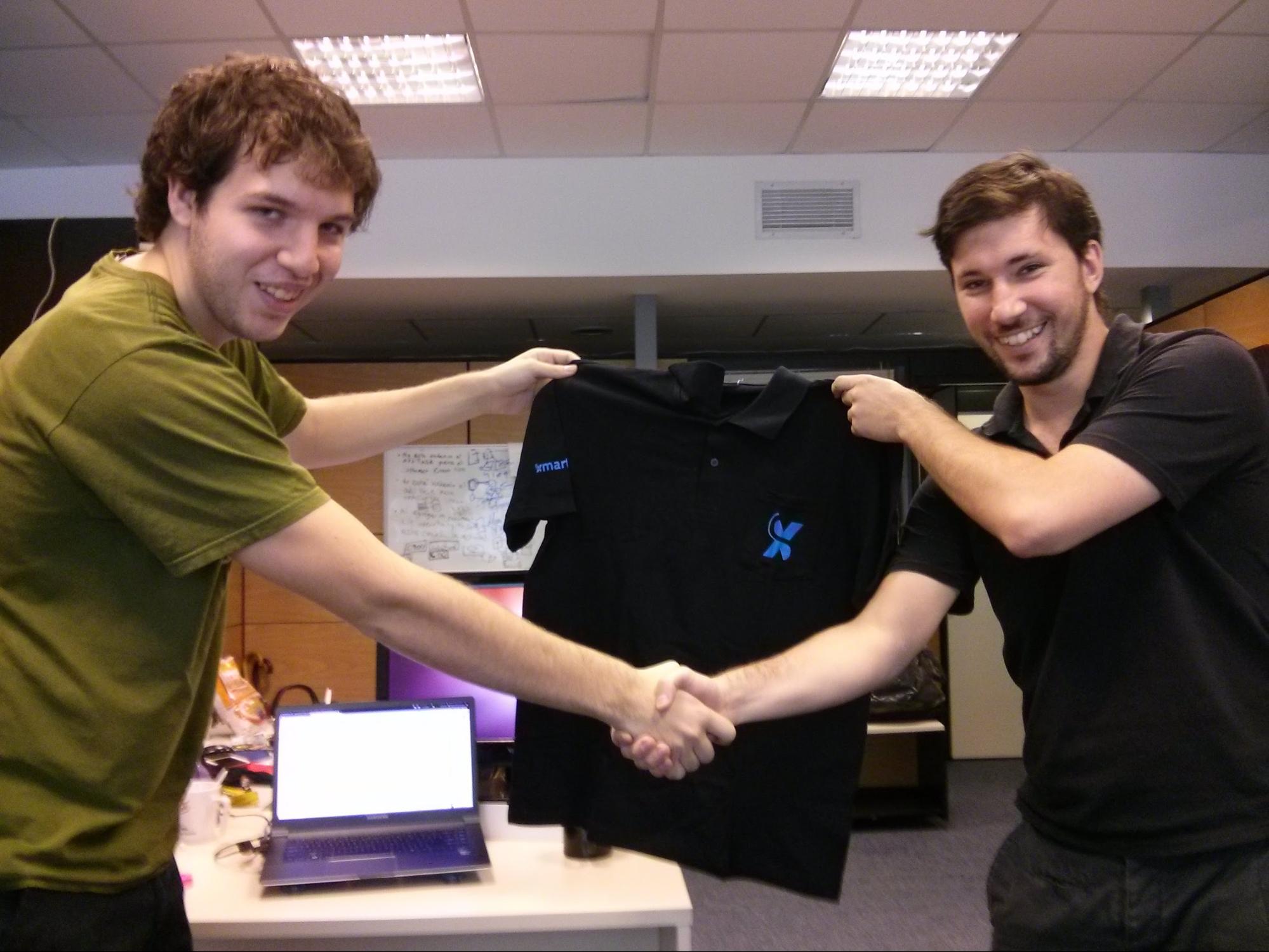
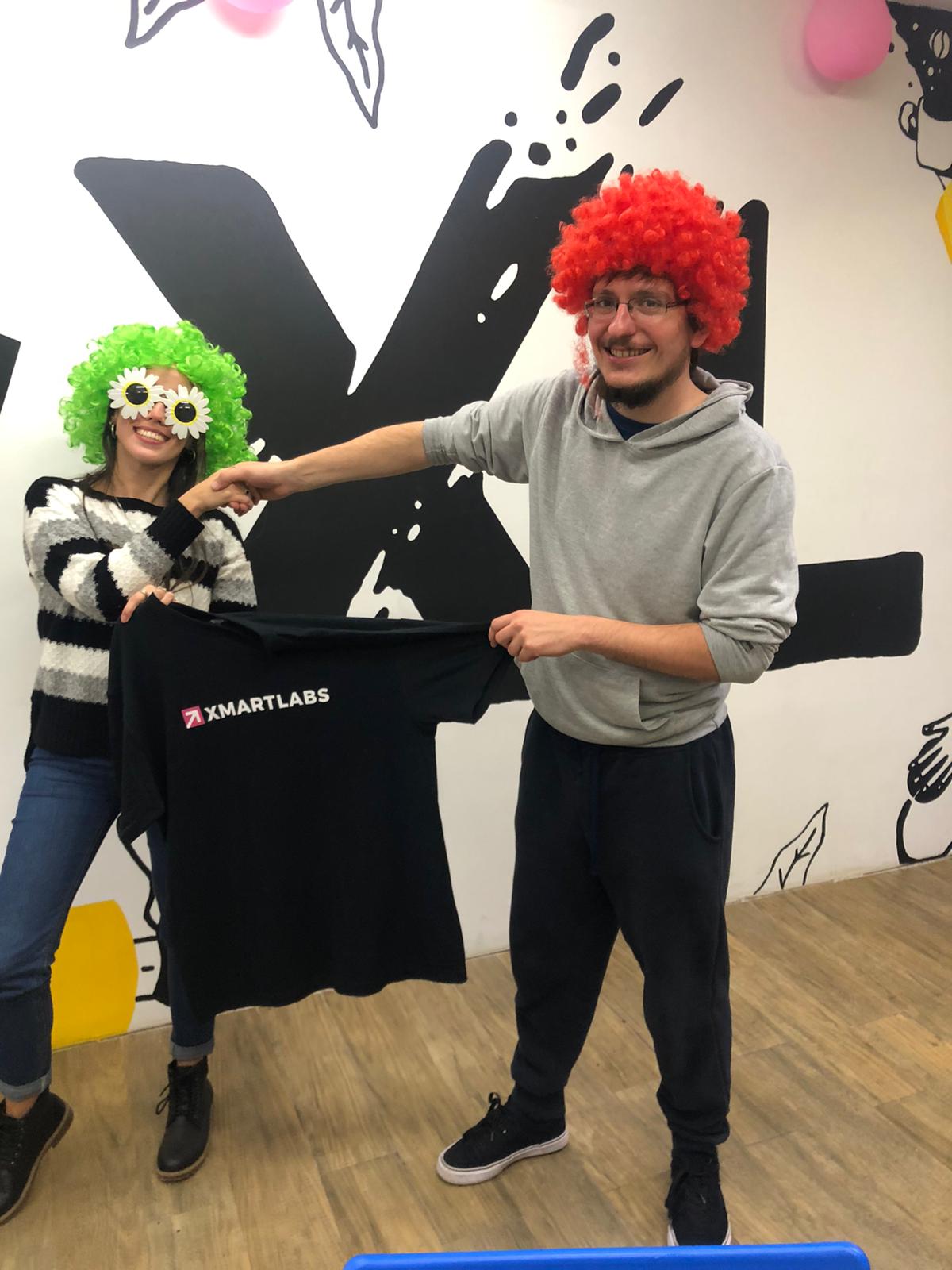
We promoted a worm working environment where friendships are born, and activities beyond professional tasks are shared.
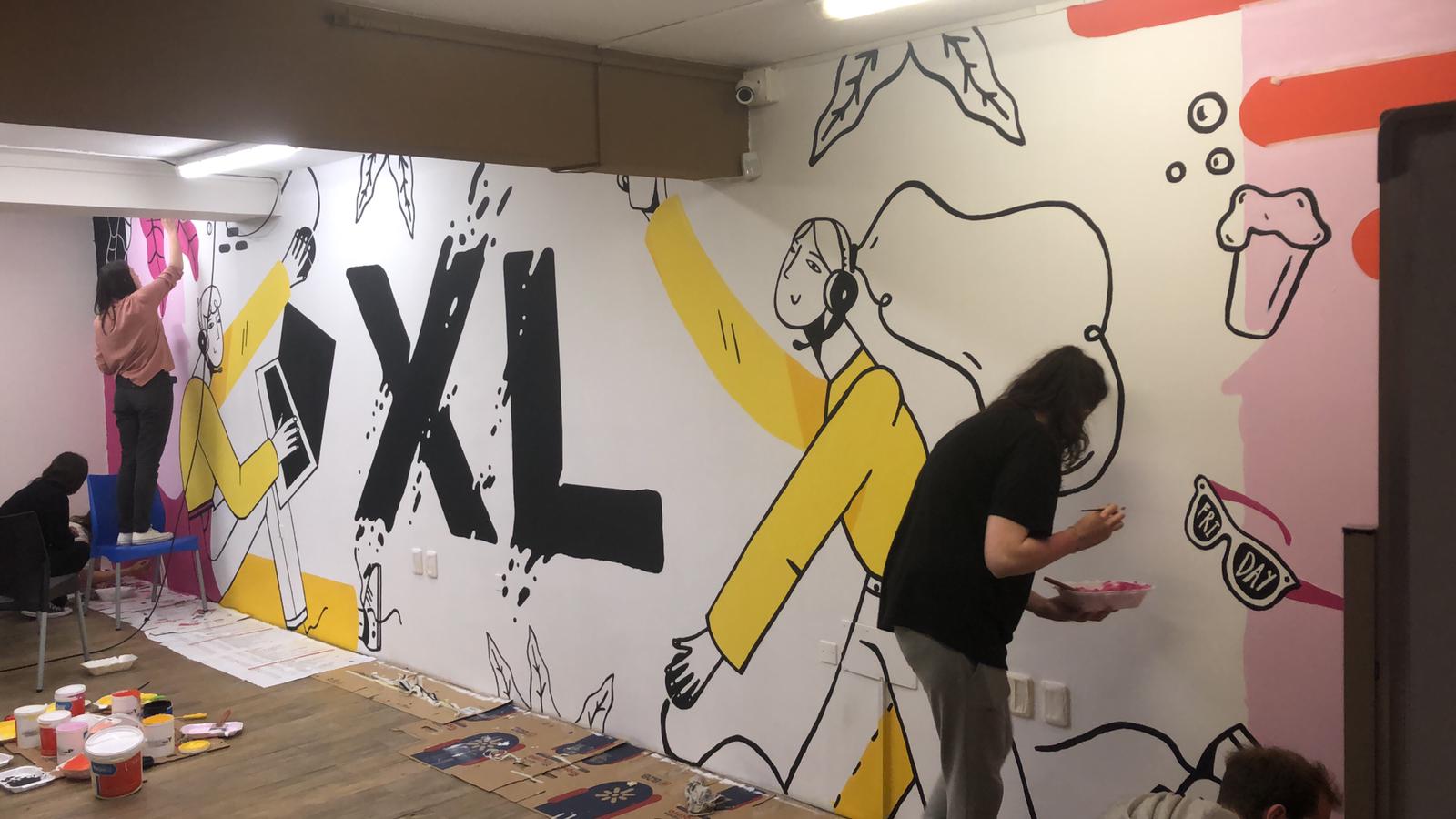

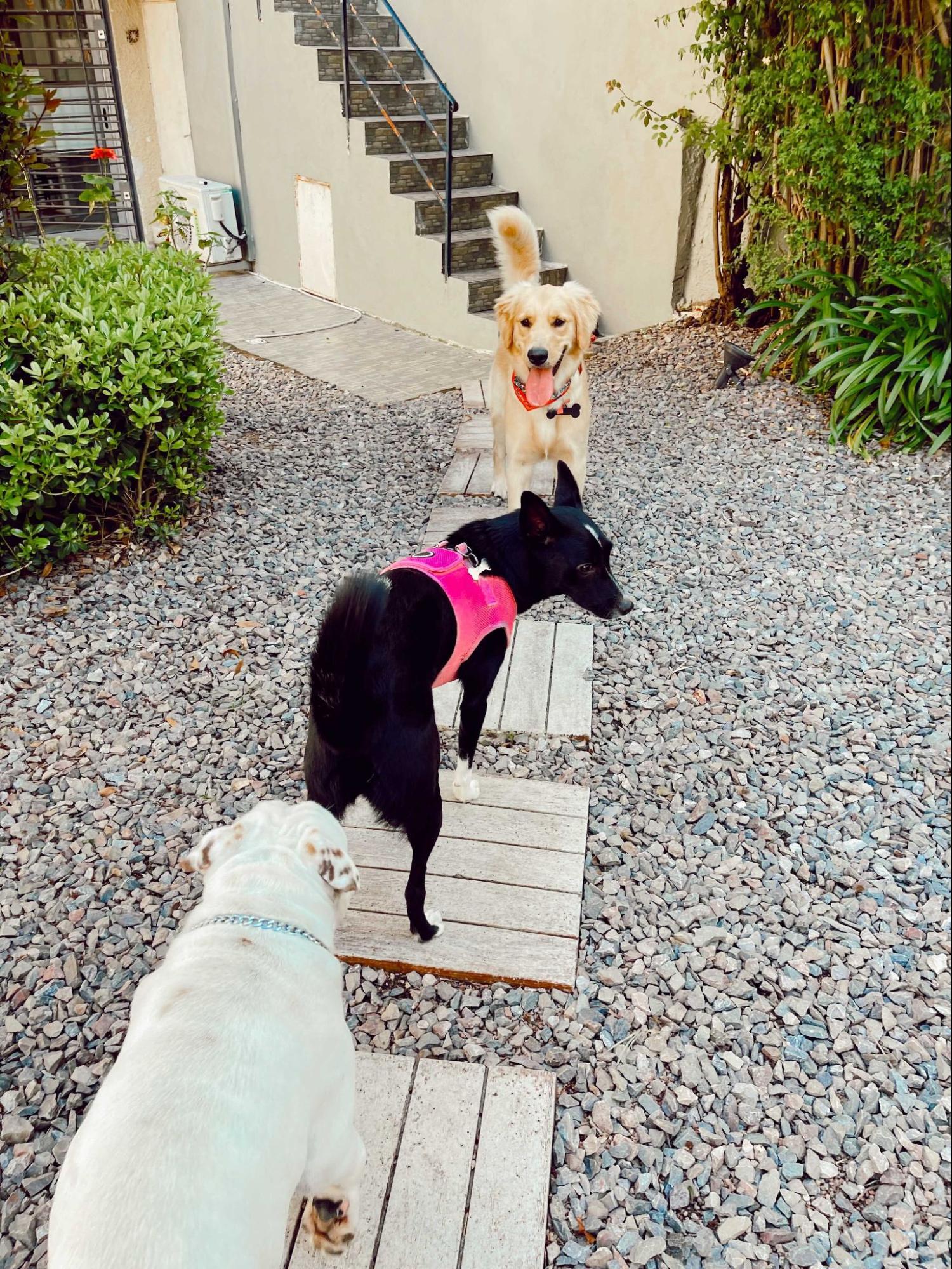
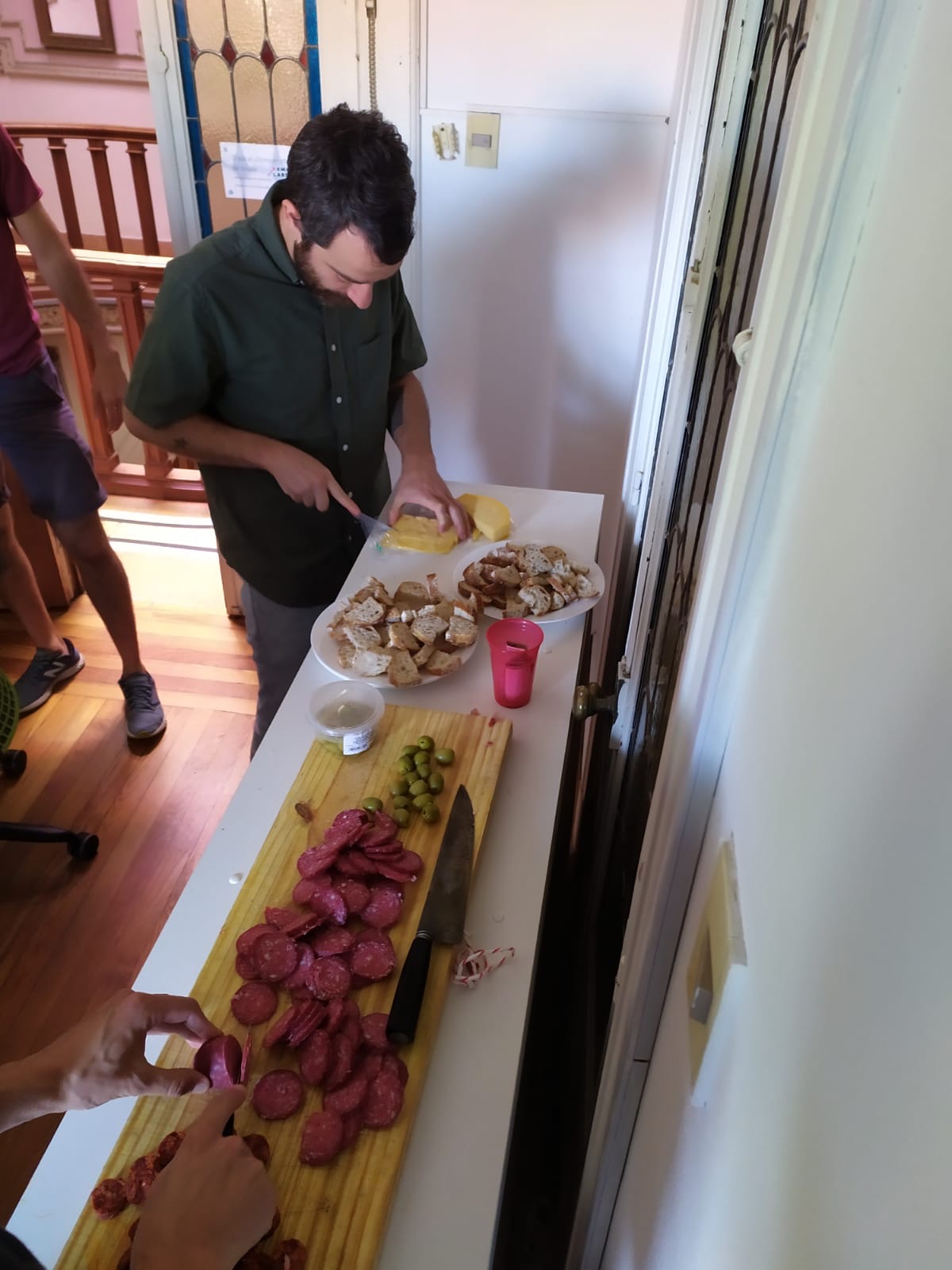

Our top Strengths
Learning, being agile, flexible, and nimble are all about us. We've loved every minute of these 10 years' continuous learning process that the technology industry requires to succeed.
As problem-solvers, we face new challenges every day, new approaches to solve problems arise, technology and methodologies evolve, so our daily basis is full of learning (and sharing with the community).
I'm happy to say our cores values are noticed by our clients and shared among our team. We always aim to be helpful, provide real value and go above and beyond clients' and community expectations. Our ability to solve problems and our commitment to achieving shared goals make us different.
We learn things on our way while we keep moving forward!
For the next ten years!
Looking back and seeing everything we've achieved in the last decade is incredible—a journey full of challenges, achievements, victories, and several lost battles. Having a team of 100+ people who collaborate with clients and the community, creating a solid partner network, building impactful projects, and working with top clients is a truly enriching opportunity. And we've enjoyed every minute of it, making these ten years worth it.
We're infinitely grateful to all of those that joined us during these years: partners, clients, community, but mainly, to each and every team member that gives out their time every day. Without their support and trust, none of it would be possible.
Cheers, and here's to many more accomplishments!

